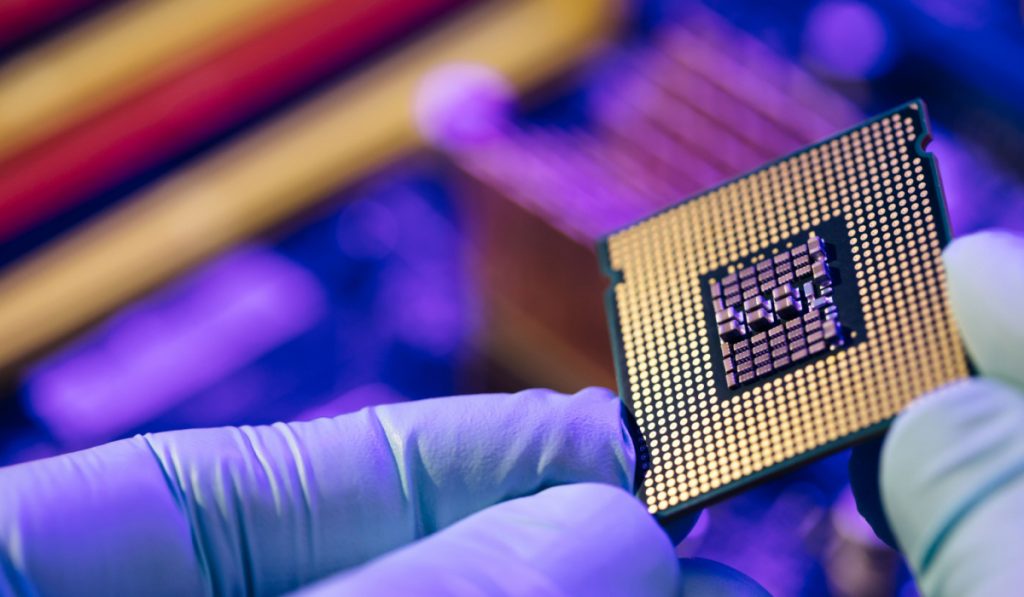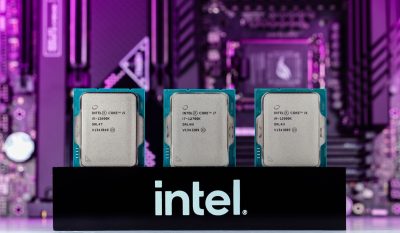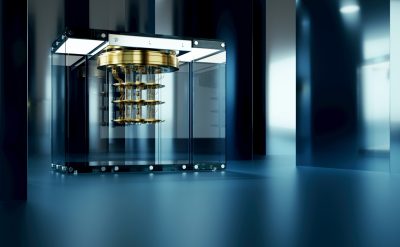Highlights:
- On Sunday, South Korean media claimed that Samsung Electronics Ltd. will raise chip manufacturing capacity at its main semiconductor fabrication plant next year, while competitor chipmakers are cutting spending.
- Samsung plans to add 12-inch wafer capacity for dynamic random-access memory chips, used in PCs and servers, to its P3 semiconductor fab in Pyeongtaek, South Korea.
South Korean media reported on Sunday that Samsung Electronics Ltd. plans to increase chip manufacturing capacity at its largest semiconductor fabrication unit next year when rival chipmakers are reducing their investments.
Despite projections of an economic slowdown, Samsung intends to grow its chip manufacturing. Notably, this contrasts with several of Samsung’s chipmaker competitors, who plan to scale back their operations and lay off employees due to a decline in microprocessor demand.
According to a report by Reuters, the company’s perseverance will likely help it grow its market share in the dominant memory chip segment. The move will also likely boost Samsung’s stock price whenever chip demand resumes.
The Seoul Economic Daily reports that Samsung intends to expand its P3 semiconductor fab in Pyeongtaek, South Korea, by adding a 12-inch wafer capacity for dynamic random-access memory chips, primarily utilized in personal computers and servers. In addition, the business intends to expand the plant with a new four-nanometer chip capacity, enabling it to produce more advanced chips under foundry contracts — that is, chips tailored to individual clients’ needs.
This year, the P3 facility, which is thought to be Samsung’s largest chipmaking fab, began manufacturing advanced NAND flash memory chips used in mobile devices.
According to the Seoul Economic Daily, as part of its expansion strategy, Samsung intends to buy at least ten new extreme ultraviolet equipment used in chip fabrication over the next year.
Two months ago, Samsung disclosed that its fiscal third-quarter earnings had decreased by more than 31% due to a downturn in sales of memory chips. Samsung reported that its semiconductor sector, which accounts for most of its sales and earnings, witnessed a profit decrease of about 50% due to a decline in demand for computer chips from electronics manufacturers, server companies, and cloud service providers. However, at the time, Samsung officials informed analysts that the company had no intentions to scale back its chip production operations, contrary to industry trends that have seen numerous chipmakers reduce output.
Han Jin-man, executive vice president of Samsung’s memory business, said, “We plan to stand behind our original infrastructure investment plans.”
Micron Technology Inc., Samsung’s largest competitor in the memory chip industry, said last week that it will revise its investments and capital expenditure estimates for the fiscal year 2023. It has revealed plans to lay off up to 10% of its workforce.













